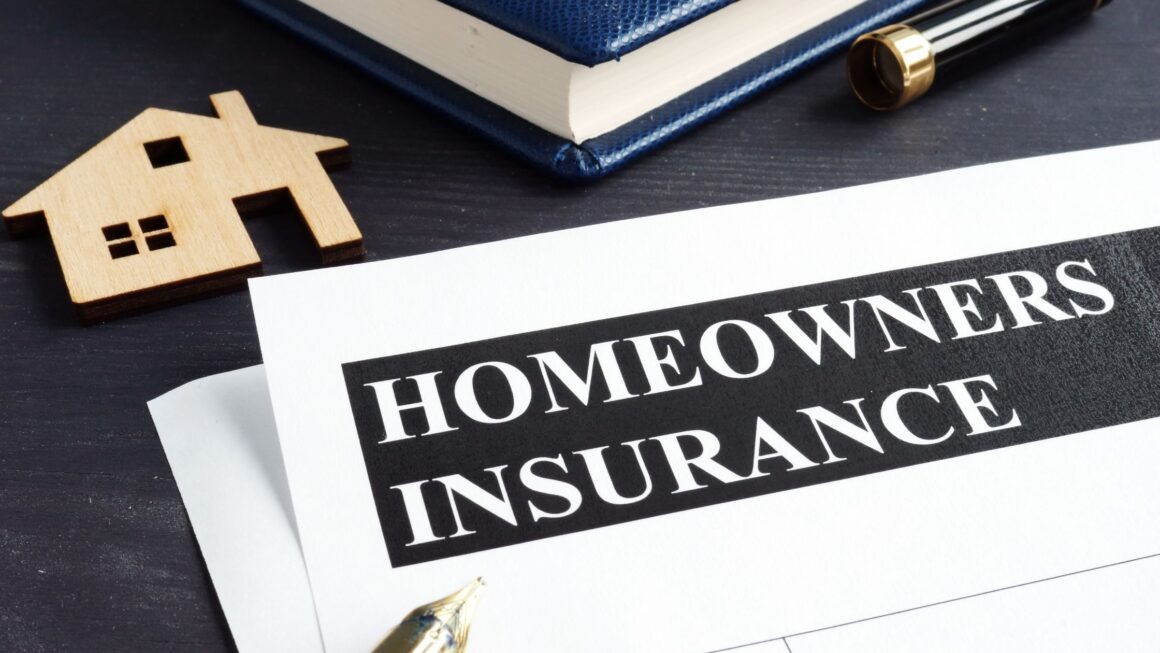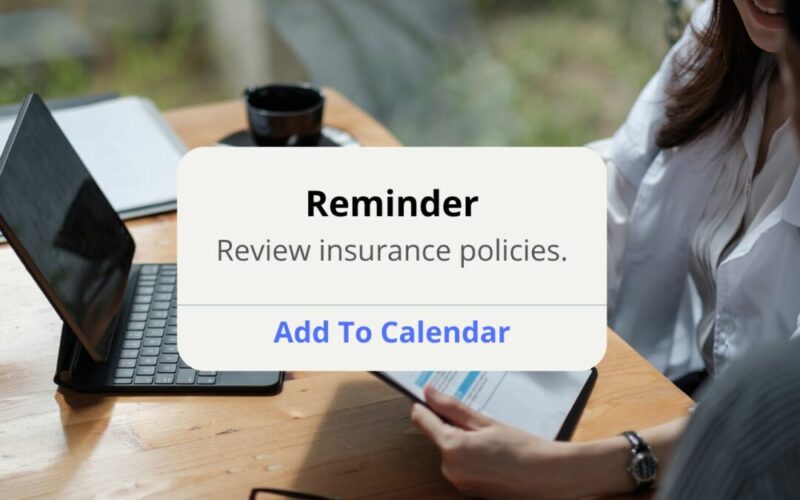Buying your first home can be exciting, but the process involves crucial decisions, particularly when it comes to insurance. Many first-time homebuyers overlook important details, which can lead to costly mistakes. Addressing these errors early ensures protection for your investment and peace of mind.
Key Points:
- Understand the role of homeowners insurance policies.
- Avoid common coverage gaps.
- Know the importance of accurately assessing property risks.
- Research deductibles and premiums thoroughly.
- Stay proactive in your decision-making process.
1. Not Researching Homeowners Insurance Policies

A frequent error among new homeowners is underestimating the importance of homeowners insurance. First-time home buyer homeowners insurance often includes more than just coverage for the physical structure of your house. It protects personal belongings, liability, and more. You can explore a reliable provider that understands your unique needs by visiting Erie Mutual.
2. Choosing the Cheapest Policy
Many buyers prioritize cost over coverage. A lower premium might seem appealing, but it often comes with limited coverage or higher deductibles. Always compare policies based on what they provide instead of just looking at price tags. Insufficient coverage can lead to out-of-pocket expenses during unforeseen events.
What to Consider:
- Types of coverage offered (structure, contents, liability).
- Deductibles and their impact on claims.
- How claims are processed and timelines involved.
3. Ignoring Natural Disasters
Standard policies often do not cover risks like floods, earthquakes, or hurricanes. Neglecting to add this extra protection can leave your property vulnerable. Research whether your area is prone to specific risks and adjust your policy accordingly.
4. Failing to Accurately Value the Property and Belongings

Some homeowners undervalue their property to save on premiums. Others overestimate, paying more than necessary. Both scenarios lead to problems during claims. Use professional evaluations and make an inventory of belongings to establish accurate coverage levels.
5. Overlooking Liability Coverage
Liability protection covers accidents or damages involving others on your property. Many focus solely on structural damage and skip this crucial component. Whether a visitor trips on your driveway or your pet causes harm, liability claims can be financially devastating without proper coverage.
6. Skipping a Detailed Review of the Policy
Always read the fine print. Important details like exclusions, coverage limits, or conditions for claims may hide in the policy documents. Request clarification from your insurer if anything seems unclear. Avoid assumptions that can lead to disputes later.
7. Delaying Insurance Enrollment
Some buyers wait until the last minute to secure insurance, risking lapses in coverage or rushed decisions. Start early to compare policies and understand what suits your home best. Enrolling promptly ensures immediate protection after purchase.
8. Ignoring Updates and Regular Reviews

Life circumstances change, and your policy should reflect that. Neglecting to update your coverage when you renovate, purchase expensive items, or make lifestyle changes leaves you underinsured. Set reminders to review your policy annually.
9. Relying Solely on the Lender’s Recommendation
Banks or lenders may suggest certain policies, but you are not obligated to follow them blindly. These recommendations may not align with your specific needs. Independent research gives you more control and ensures comprehensive coverage.
FAQ Section
1. Can I switch policies after buying my home?
Yes, you can change providers at any time, even mid-policy. Ensure there are no gaps in coverage when transitioning.
2. Do I need separate insurance for expensive items?
Yes, high-value items like jewelry or electronics may require additional coverage or riders. Check with your insurer.
3. What happens if my home value increases?
If your home’s value rises, inform your insurer to adjust coverage. Failure to do so could leave you underinsured.
4. Is there a penalty for claims in the first year?
Some insurers may raise premiums after claims. Discuss this with your provider to avoid surprises.
5. Does insurance cover temporary housing during repairs?
Some policies include coverage for living expenses if repairs make your home uninhabitable. Confirm this detail when choosing a plan.
Conclusion
Avoiding insurance mistakes saves money, time, and stress for first-time homebuyers. Focus on understanding coverage details, evaluating risks, and updating your policy when needed. A thoughtful approach to insurance protects your home, ensuring it remains a safe and secure investment.


